Working together to find new cures for infant leukaemia
30th August 2023
A new project, co-funded by Worldwide Cancer Research and Leukaemia UK, aims to uncover kinder and more effective treatments into infant leukaemia – a rare disease which has defied progress for decades. Callan Brett, who lost her youngest child to the rare form of blood cancer when he was just 14 months old, knows all too well how urgently research like this is needed.
Callan's heartbreaking story
Henry, who was born in April 2020, was a healthy and happy baby, and Callan and her family quickly settled into their new life as a family of four. Henry’s older brother Theodore, aged 4, doted on the new addition, with Callan remembering:
"Henry adored Theodore, and Theodore adored him. They would laugh and play all the time. If Henry burped, Theodore would just find it hilarious!"
But Henry was just 5 months old when he began to seem unwell. He had a fever and was crying regularly, and small lumps had appeared on his head. Callan took Henry to A&E and tried to remain optimistic, until they were taken into a private room and given the devastating news that Henry had leukaemia.
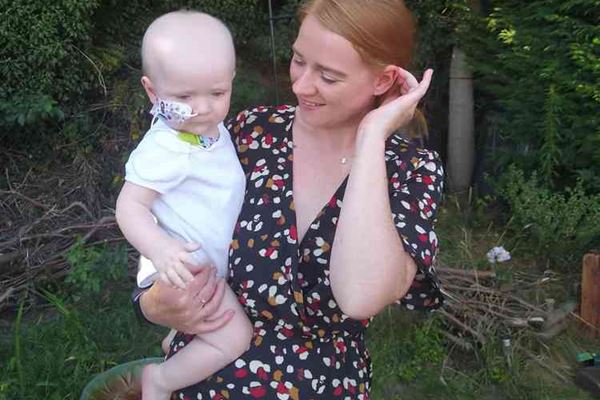
"I was shellshocked. The only way I can describe it is total devastation. All I could feel was sheer panic. Later, I felt such guilt as well. If he’d been my first child, I might have worried sooner, but because he was my second – and because he was such a happy baby – I was more relaxed. I just felt so guilty."
Henry spent over half his life in hospital, enduring four rounds of brutal chemotherapy. Despite aggressive treatment, he sadly died on 15th May 2021.
Callan is determined to tell Henry's story and raise awareness of infant leukaemia, both to help other families experiencing the same thing, and to highlight the urgent need for more research. She hopes that Professor Katrin Ottersbach's new project, funded by Worldwide Cancer Research and Leukaemia UK, will pave the way for kinder and more effective treatments.
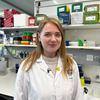 Callan Brett
Callan Brett
‘He cannot have died for no reason. His death has to mean something. If I have to live the entire rest of my life without him, then there has to be progress in that time. We cannot stand by knowing that more research could spare another family from this type of heartbreak.’

We need your help to fund more crucial research like Professor Ottersbach's. Become a Curestarter and help us reach a day when no life is cut short by cancer.
What is infant leukaemia?
Leukaemia is a form of blood cancer caused by abnormal white blood cells, and infant leukaemia, which affects children under the age of one, is rare and very difficult to treat. Infants with leukaemia are generally given the same therapies as older children or adults, but infants do not respond as well to treatment.
Infant leukaemia actually develops before birth, in foetal blood cells. Researchers believe this is why infant leukaemia is particularly aggressive, since foetal blood cells can multiply faster than adult blood cells and they have other distinct properties which help support cancer growth.
Professor Katrin Ottersbach and her team at the University of Edinburgh have identified two genes that are involved in the most common type of infant leukaemia, acute lymphoblastic leukaemia. The researchers want to understand how these two genes influence cancer development.
They have an exciting new technique to study several biological pathways at the same time and work out which are involved. They then plan to test any potential cures that take advantage of these pathways so that they can find the treatments most likely to work best for infant leukaemia. Professor Ottersbach said of the project:
"The treatment of infant leukaemia has not improved for decades. This research will allow us to investigate what makes blood cancer in infants unique, and how we can treat it more efficiently."
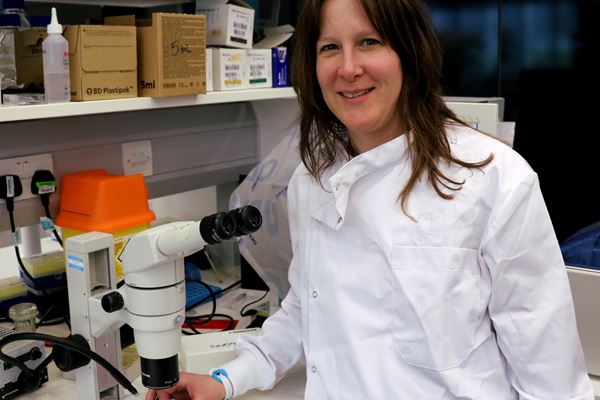
Proud to work together
We are working with Leukaemia UK to co-fund Prof Ottersbach's project, worth approximately £200,000 and running until October 2025. Partnering with other charities helps our Curestarters' donations go further and enables more lifesaving research to be funded so that we can stop the suffering caused by cancer sooner.
Discovery research like this is critical in allowing us to find out more about the biology of infant leukaemia so that we can develop new cures to help families like Callan’s in the future.
Image shows Holly McKenna from Leukaemia UK, Callan Brett, Prof Katrin Ottersbach and Steph Sinclair from Worldwide Cancer Research
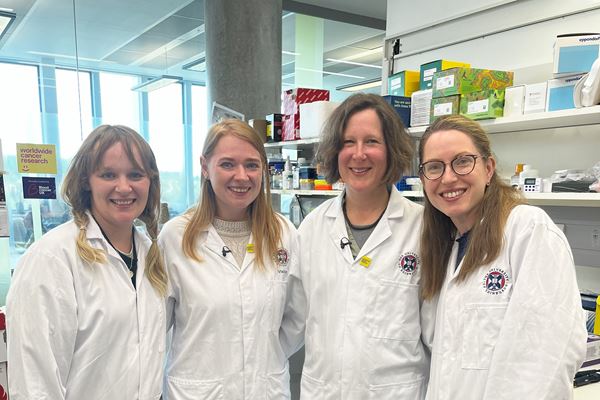
More new research projects funded by you
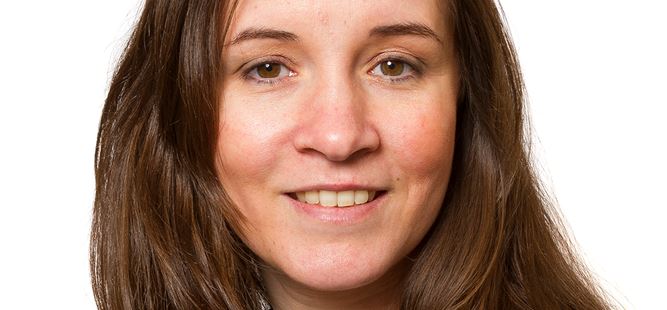
Working together to find new cures for oesophageal cancer
This Oesophageal Cancer Awareness Month we are delighted to announce a brand new project here in the UK, which is looking to find new ways to prevent this devastating disease. Together with Guts-UK we are supporting Dr Maria Alcolea at the University of Cambridge to carry out pioneering research about how oesophageal cancer emerges.
28 February 2023
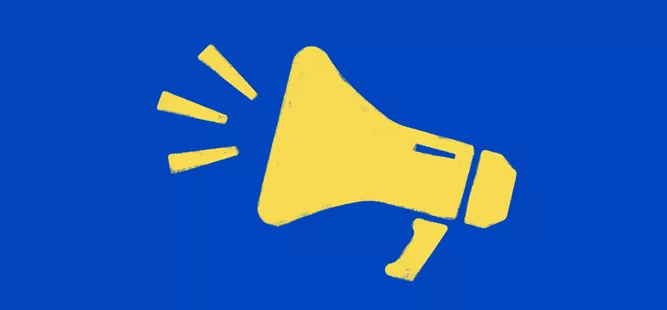
30 potential new cures started in 2023 thanks to you!
Thanks to the phenomenal support of our Curestarters, we have been able to say 'Yes!' to 30 new pioneering ideas from outstanding cancer researchers. That’s an incredible total of £6.2 million of new research that we are funding together, that could lead to more lifesaving ways to prevent, diagnose and treat cancer.
02 February 2023
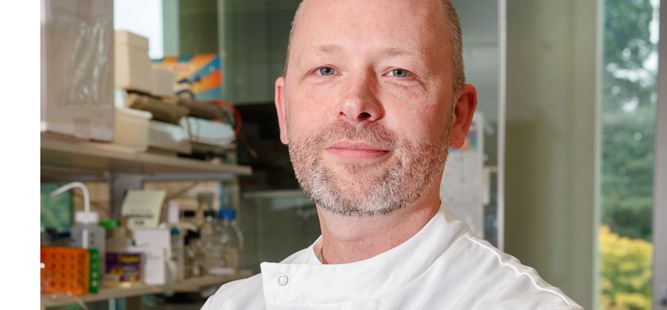
Innovative research looking for new ways to treat pancreatic cancer underway
Pioneering research into a new game-changing treatment for those affected by pancreatic cancer has begun, giving hope to patients. University of Glasgow scientist Professor Seth Coffelt is leading the project, funded by Worldwide Cancer Research and Pancreatic Cancer UK, which aims to help make desperately needed new immunotherapy treatments a reality for future patients.
31 March 2023
